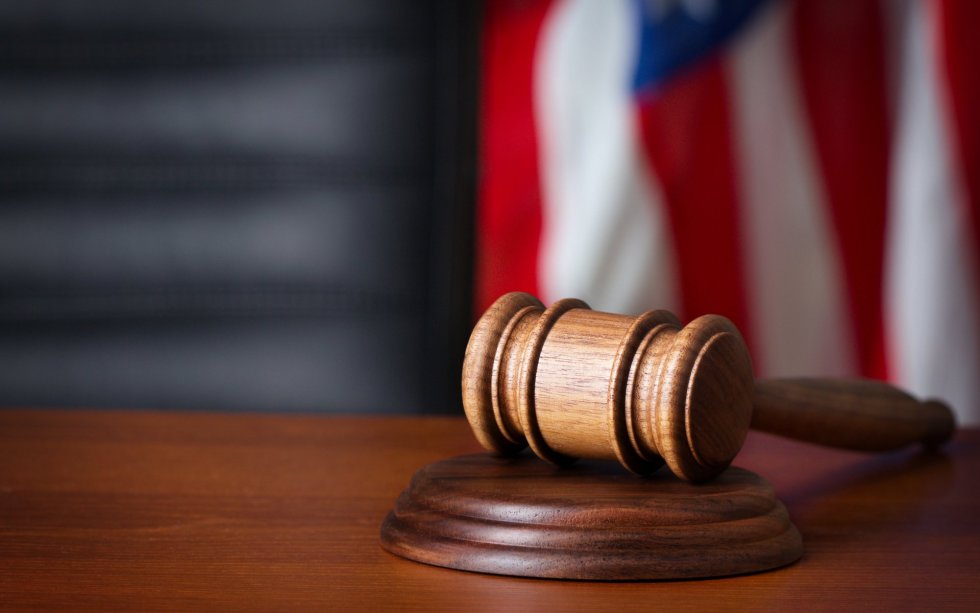With the recent rise in mainstream popularity of cryptocurrencies and the ever-present allegations of cybertheft and market manipulation, it has become a top priority for governments to put a lid on the madness.
Crimes Without Consequences
The very nature of cryptocurrencies and decentralized, autonomous systems pose a serious threat to the current structure of the global economy, but a more imminent issue in the eyes of world governments is the threat to the security of the average investor.
Between hacks on major exchanges like Bithumb, attacks on the individual cryptocurrency networks such as ZenCash, and phishing attacks on just about every popular crypto site, the world has seen an unprecedented number of cybertheft incidents as a result of the cryptocurrency craze.
Investors who fall victim to these crimes are, more often than not, left with no one to hold accountable for their damages, and they wait in vain for the protection they have come to expect of their local securities and exchange commissions.
Challenges of Regulating New Tech
In order for effective blockchain legislation to be drafted and implemented, however, regulators must understand the intricacies of the rapidly-evolving technology and this education requirement is proving to be a roadblock for many governments. Some, such as the Chinese government, have resorted to banning cryptocurrencies altogether, though this has proven ineffective as China remains a world leader in Bitcoin mining.
Other countries such as South Korea and England are taking their time with regulation, hoping to develop a compromise that is both fair to investors and enforceable.
John Salmon, a partner of Hogan Lovells International law firm in London, explains:
The market is less than 1 percent of GDP, so regulators aren’t so concerned about the financial resilience effects.
He goes on to say:
Scams are out there, they need to be addressed and everyone knows this, but we don’t want to stifle the industry, and if cryptocurrency regulation comes too early then we could end up with bad regulation.
As director of regulatory relations at Ripple Ryan Zagone sums up, “What we are seeing is a global conversation about the balance between risk and innovation.”
Luckily, many world leaders plan to embrace the new technology, but we are still left to question how and when they will arrange their controls—and whether said controls will be effective.
What are your thoughts on cryptocurrency regulation? Have any governments done it right thus far? How can regulations be improved? Let us know in the comments section below!
Images courtesy of Shutterstock
